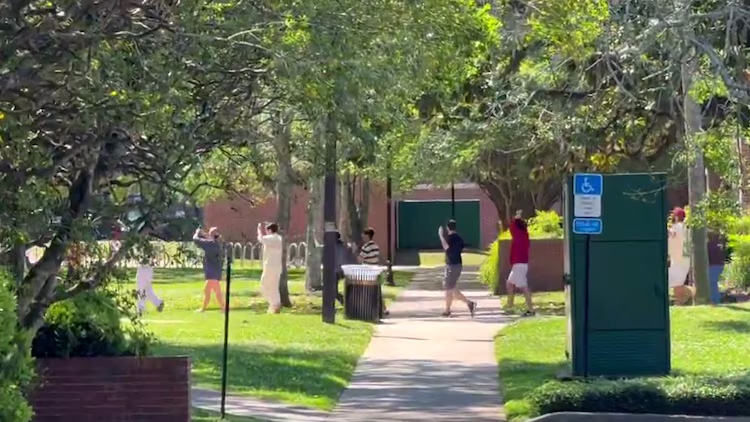Cubs ask non-players to sign doc discouraging sale of World Series rings

CHICAGO -- In an effort to discourage those within the organization from selling their World Series rings, the Chicago Cubs are asking non-players to sign an agreement giving the team the right to buy back the ring for $1.
"I signed that thing willingly," Cubs general manager Jed Hoyer said Tuesday. "Everyone except for the players signed it. I look at it as the Ricketts [ownership] were so unbelievably generous in the cost of the ring and the number they gave out, I think it's totally appropriate when you're paying for the ring and helping out with the taxes along with that -- it seems appropriate to say, 'I don't expect you to take the gift I'm giving you and run out to the market with it.'"
The Cubs gave out 1,908 rings and pins to everyone from high-level executives to the scoreboard operator after winning their first World Series in 108 years last season.
It's unclear how much the Ricketts family paid for the rings -- of which there are different tiers -- but according to sports ring dealer Tim Robins, "If a midlevel player were to be the first to sell his 2016 Cubs championship ring, I think it could go for at least $80,000."
Players will have to pay taxes on their rings based on their fair market value, but the team is taking on the taxes for many lower-level employees.
Not everyone is on board with the policy, as one executive thought it unfair if a person "needs to put food on the table," thus forcing them to sell their ring. But the Cubs think it would devalue what should be a prized possession.
"They went way above and beyond what other teams have done as far as the value of that gift," Hoyer said. "When you do that and help that person with the taxes, I think it's a reasonable thing not to go out and benefit financially right away.
"Part of the reason is you devalue the ring for everyone if all of a sudden people race to the market to make some money off of it."
According to amemo obtained by the Chicago Sun-Times, those intending to sell "or otherwise transfer your ring" must notify the Cubs in writing of "the proposed transaction and a complete accounting of the terms.
"If the Cubs elect not to purchase the ring, then you may transfer it according to the terms you provided to the Cubs; however, each subsequent owner shall also be bound by these terms in the event of a subsequent proposed sale or other transfer."
Rings may be given as gifts, but the same terms would apply.
Hoyer said he didn't view the practice as "something unusual."
"If you get a Heisman Trophy, they put that stipulation on it," he said. "If you win an Oscar, they put that stipulation on it."
ESPN's Darren Rovell contributed to this report.






